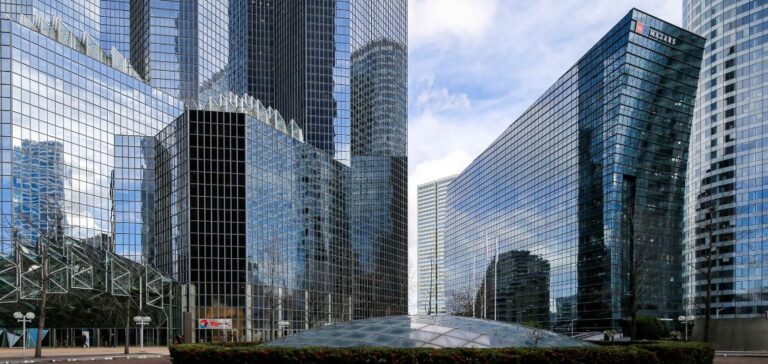The companies Ansaldo Energia, Ansaldo Nucleare, EDF and Edison have signed a letter of intent to cooperate on the development of nuclear energy in Europe, with a focus on small modular reactors (SMR). The objective of the collaboration is to take advantage of the expertise of each partner to evaluate the possibilities of industrial cooperation to develop nuclear energy in Europe and particularly in Italy in the long term. The companies will also assess the potential for the development and implementation of new nuclear power in Italy, given the growing need for security and energy independence of the Italian electricity system.
An energy that complements renewable energies
According to the signatory companies, nuclear energy will be able to play a complementary role to that of renewable energies, guaranteeing stability and contributing to the environmental sustainability of the electricity system, in line with the ambitious European and Italian sustainability objectives that set 2050 as the deadline for achieving carbon neutrality. Nuclear power generation is one of the lowest CO2 emitting energies, has a limited footprint in relation to the installed electrical power and allows for optimal control of production. Small modular reactors (SMRs) also have very high safety characteristics, require limited investments and can be used to produce electricity and heat, meeting the needs of the power system and the territories in a versatile way.
An agreement for further contractual commitments
The signed letter of intent will be subject to subsequent contractual commitments to be agreed upon by the parties. The companies involved in this agreement believe that nuclear power can be a concrete solution to support the 2050 carbon neutrality objectives, contributing to the energy independence of the European system. “With this agreement, we are laying the groundwork for concrete and open thinking about the role of nuclear power in the energy transition,” said Nicola Monti, CEO of Edison.





















